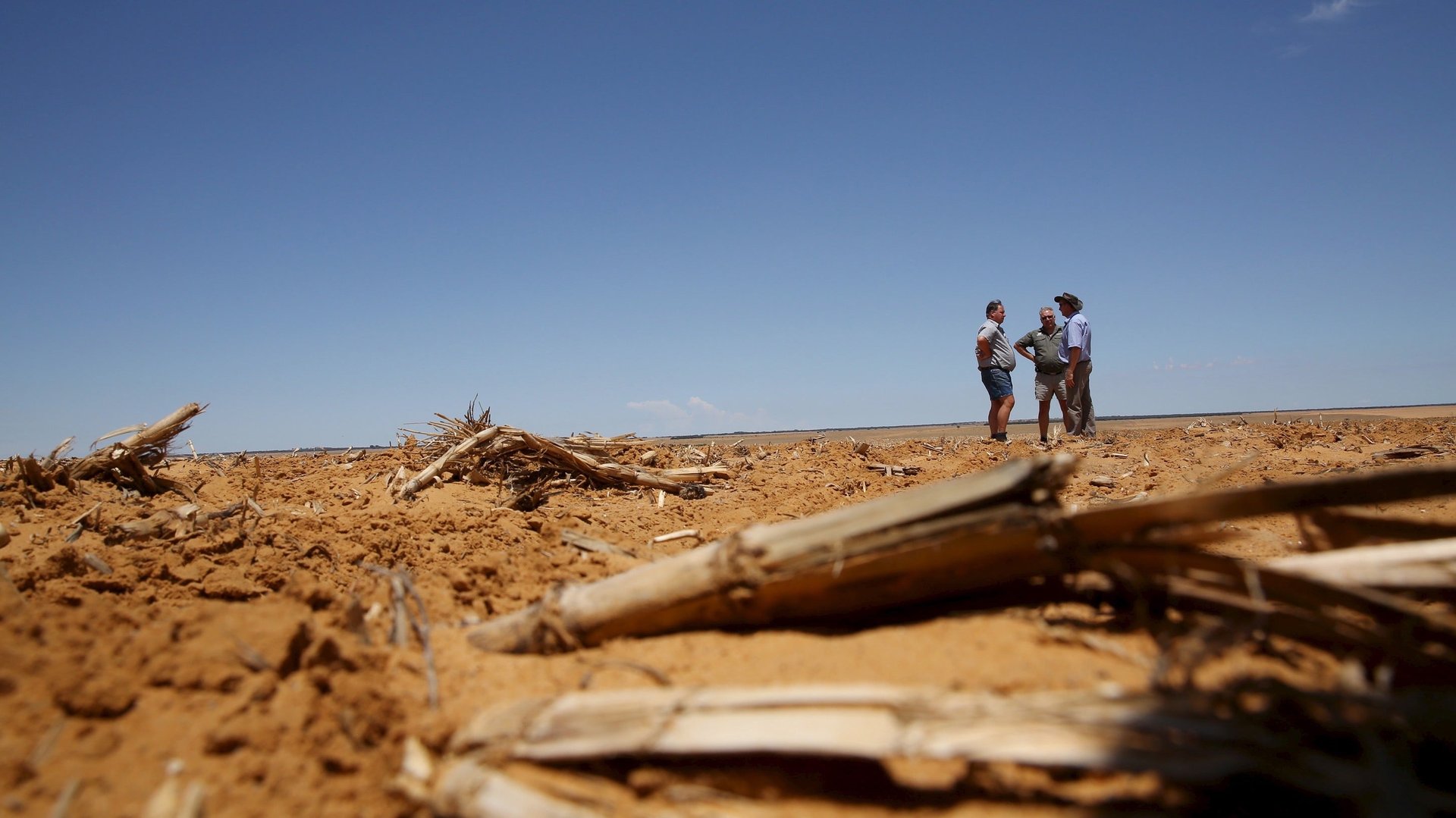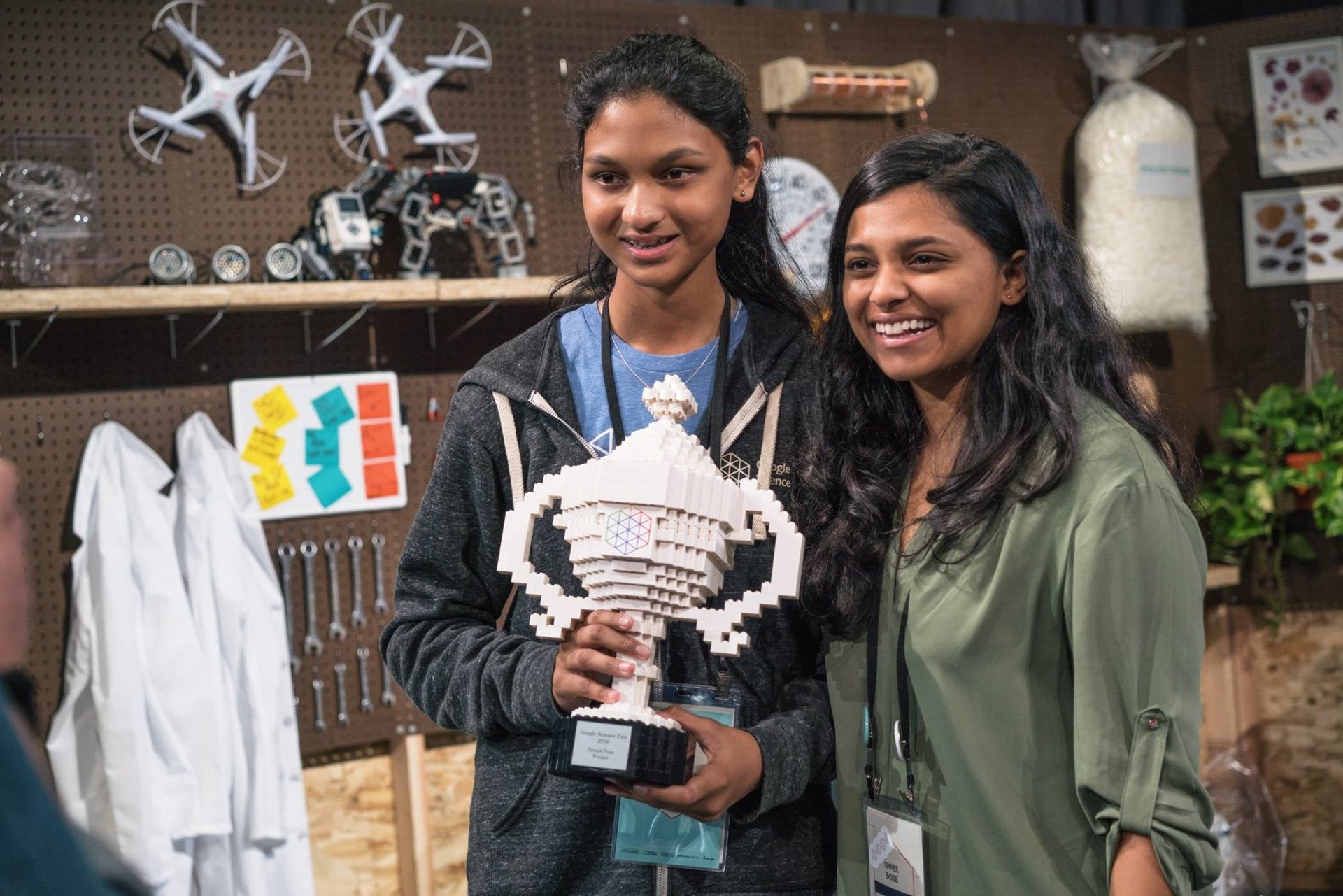A South African teenager is fighting drought with orange peel
16-year-old Kiara Nirghin has a solution for southern Africa’s food shortage.


16-year-old Kiara Nirghin has a solution for southern Africa’s food shortage.
All of southern Africa has been plagued by a vicious cycle of drought and famine. Last year, El Niño brought hot, dry air to southern Africa, creating the conditions for the driest start to the growing season in 35 years—the region had the least annual rainfall it’s had since 1904(pdf). As a result, crop production has declined severely. This year, South Africa produced only 7.2 million tons of maize, down 28% from last year’s 9 million tons. Eight of the nine provinces in the country are in a state of disaster.
Nirghin found the weapon to battle the never-ending drought right in her kitchen. The Google science fair winner developed a cheap super-absorbent material to help soil retain water. The powder-like super-absorbent polymers (SAP), which can hold more than 300 times their weight in liquid, already exist in the market and are used in baby diapers and sanitary napkins. Typically, though, these are non-biodegradable polymers bound with chemicals that can prove toxic to the environment. Plus, they’re extremely pricey. For instance, an acrylic SAP retails upwards of $2,000 per ton.
Nirghin’s cheaper solution? Orange peel.

The aspiring agricultural scientist and molecular gastronomist noticed that pectin, a gelling agent used in jams, can be extracted from the peels of citrus fruits to make a similarly absorbent natural polymer. Using orange skin as the main element, and adding some lemon juice and avocado crust to the mix, Nirgin created a low-cost, biodegradable alternative that can store rainwater in the soil. Not only is her solution much cheaper—with a retail price of under $30 to $60 per ton—it also proved to be a more effective water reservoir than existing SAPs, her research shows.
While the South African agricultural sector seeks up to $18 billion rand (over $1 billion) from its government to subsidize farmers recovering from the drought, this high-schooler could give their crops a new lease of life at a huge discount.